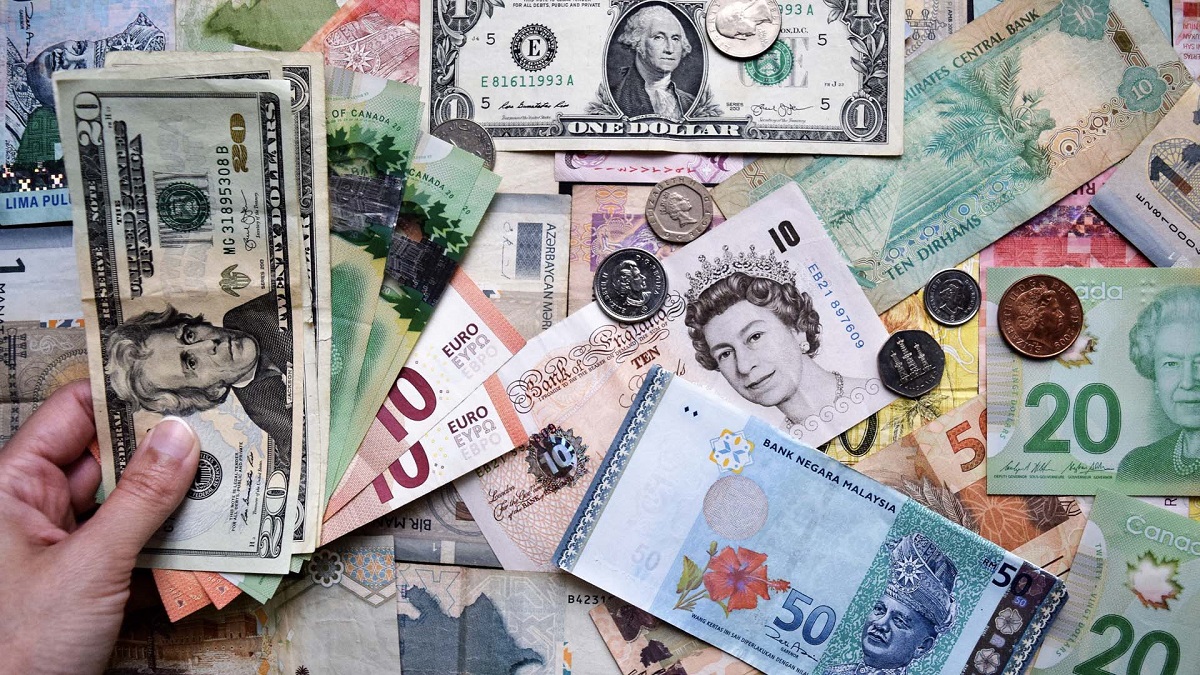The Pakistani government raised Rs705 billion through the auction of market treasury bills on Wednesday, despite receiving bids of Rs1.195 trillion, mostly from banks. The bidding trend revealed that banks were saturated with liquidity and willing to park the maximum amount in government papers. Although the government remained around its target of Rs750bn, the accepted amount was much higher than the maturing amount of Rs630bn.
According to market experts, bank deposits increased during the current fiscal year as banks were unwilling to extend loans to the private sector. Bank advances to the private sector dropped by 81% during the current fiscal year, indicating the poor health of the economy. The International Monetary Fund and the World Bank predicted a 0.5% GDP growth this fiscal year.
The record interest rate is one of the major reasons for the sharp decrease in lending to the private sector. The State Bank’s policy rate is 21%, but clients can get money at much higher rates from banks. Bankers said that there were two obvious reasons for this extremely low lending to the private sector: unprecedented inflation of 36% and banks being unwilling to lend money amid a highly uncertain economic and political situation for obvious reasons.
This prolonged uncertainty devalued the local currency by 54% in a year, and bankers said the high inflation with continued devaluation left no option for the banks but to invest in risk-free government papers. The government borrowed the money at almost 22% on Wednesday, and this costly money would overload the government with debts. The domestic debt servicing would get the major share in the next budget.
Read More: Pakistan’s Current Account Balance Achieves Surplus of $654 Million in March
However, the uncertainty about interest rates still exists in the financial sector. The increasing inflation could further push the State Bank to jack up its policy rate, and this was the reason why banks invested the highest amount in three-month papers. The government accepted the highest amount of Rs613.2bn for 3-month papers at 21.99% against the bids of Rs892bn.
Additionally, the government raised Rs3.75bn and Rs39.3bn for six- and 12-month papers at 21.96% and 21.97%, respectively. The government also raised Rs49.3bn through non-competitive bids, making the total Rs705bn. It raised Rs40bn for five years through Pakistan Investment Bonds (PIBs) and Rs52.7bn for three- and two-year PIBs collectively.
Despite the high liquidity of banks, the government has faced a revenue shortfall of Rs381bn during the first 10 months of the current fiscal year, and the cash-starved government has already borrowed about Rs3 trillion from commercial banks. The costly borrowing may increase the debt burden on the government, leading to higher debt servicing in the next budget.



























